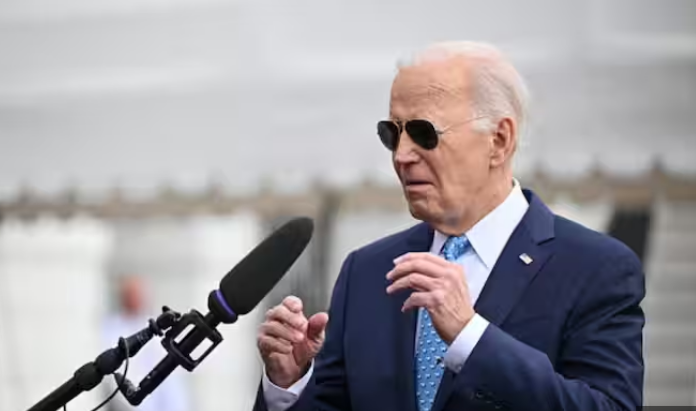In the wake of a recent attack in Jordan, President Joe Biden has indicated a decisive yet measured approach in responding to the incident. During a press interaction, Biden confirmed he had decided on the course of action, emphasizing accountability for those who supplied the weapons used in the attack. This statement underlines the administration’s focus on addressing the root causes of such incidents, including the channels through which perpetrators receive support and armament. Biden’s comments come at a critical time, as the U.S. navigates complex international relations and domestic political dynamics, highlighting the challenges of crafting a foreign policy that balances assertiveness with the imperative to avoid escalating conflicts.
Navigating a Complex International Landscape
The attack in Jordan presents a multifaceted challenge for the Biden administration, one that requires a nuanced understanding of the geopolitical dynamics of the Middle East and the delicate balance of power in the region. Biden’s assertion of holding accountable those responsible for supplying weapons to the attackers suggests a strategy focused on disrupting the networks that enable such violence, rather than immediately attributing blame to state actors or rushing into direct military confrontation. This approach reflects a broader strategy of using diplomatic and economic tools to address the underlying causes of instability and conflict, emphasizing the importance of international cooperation and intelligence sharing.
The Quest for Accountability and Stability
Biden’s remarks indicate a commitment to accountability, not just for the immediate perpetrators of the attack but also for the broader network of actors involved in the trafficking and supply of arms that fuel such violence. This stance aligns with international efforts to stem the flow of illegal arms and dismantle the infrastructure that supports terrorism and organized crime. By focusing on accountability, the administration aims to send a clear message that the U.S. will not tolerate actions that threaten regional stability and international peace, and it is prepared to work with allies and partners to address these challenges at their root.
Avoiding Escalation and Promoting Peace
Amid the complexities of the Middle East, President Biden’s assertion that he is not seeking “a wider war” is particularly significant. This statement reflects a cautious approach to military engagement, recognizing the potential for escalation and the importance of pursuing diplomatic solutions wherever possible. The administration’s strategy appears to be geared toward de-escalation and the promotion of stability through diplomatic channels, acknowledging the lessons learned from past conflicts in the region and the need for a sustainable, long-term approach to peace and security.
The Intersection of Foreign Policy and Domestic Politics
The conversation with the press also ventured into domestic political territory, with questions about the potential candidacy of Donald Trump and the implications for democracy. Biden’s response, though brief, highlighted the interconnectedness of foreign policy and domestic politics, particularly in how the U.S. conducts itself on the international stage and the values it promotes. The defense of democracy and the rule of law remains a central theme in Biden’s administration, both at home and abroad, underscoring the belief that a strong, principled stance on democratic values enhances the country’s moral and strategic position globally.
Read More:
- Illinois election officials to weigh recommendation to remove Trump’s name from March primary ballot
- Defamation Battle: Appeals Court Reopens Karbassi vs. Soria Lawsuit Over Campaign Mailers
- Bipartisan immigration bill in limbo amid Trump opposition
Moving Forward with Prudence and Principle
As the Biden administration responds to the attack in Jordan and other international challenges, the emphasis on accountability, diplomacy, and the promotion of peace reflects a commitment to a foreign policy that is both principled and pragmatic. Navigating the intricate dynamics of the Middle East, addressing the networks that facilitate violence, and maintaining a focus on democratic values and the rule of law present a complex but crucial task for the U.S. in the coming period. The administration’s approach, as outlined by President Biden, suggests a readiness to tackle these challenges with a combination of resolve, caution, and a deep understanding of the long-term implications of its actions.

